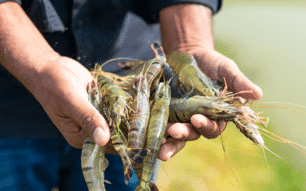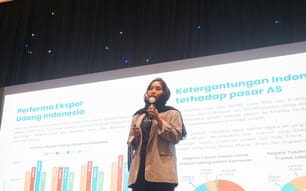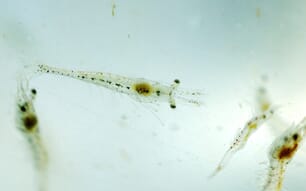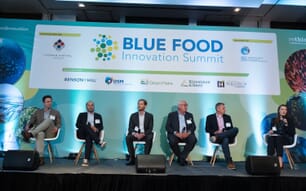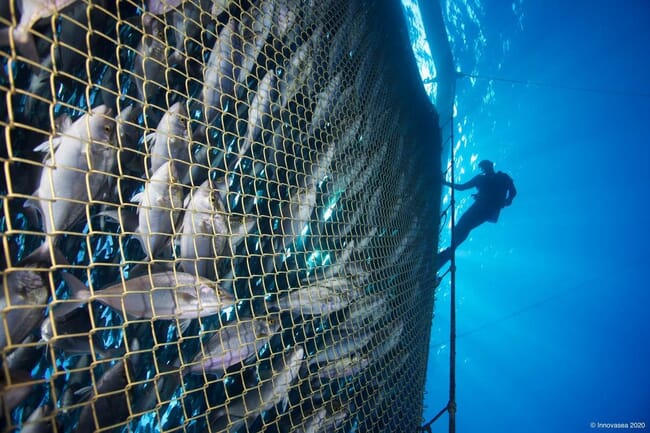
© InnovaSea
Senators Roger Wicker (R-MS), Brian Schatz (D-HI) and Marco Rubio (R-FL) introduced the bipartisan bill, known as the Advancing the Quality and Understanding of American Aquaculture (AQUAA) Act, which aims to allow the raising of fish in federal waters.
“The expansion of American aquaculture is an opportunity for federal lawmakers to address some of the most critical challenges we face, including climate, economic, and food security,” said Sarah Brenholt, campaign manager of Stronger America Through Seafood (SATS). “Establishing an offshore aquaculture industry would spur economic growth and create new jobs at a time when we need it most.”
The bipartisan AQUAA Act aims to establish national standards for offshore aquaculture and clarify a regulatory system for the farming of fish in the US exclusive economic zone (EEZ). The bill would also establish a research and technology grant program to fund innovative research and extension services focused on improving and advancing sustainable domestic aquaculture.
According to SATS, expanding America’s aquaculture production into federal waters would help revitalize the seafood industry, which has been gravely impacted by the Covid-19 pandemic. It will also create new job opportunities in coastal communities, where fishing jobs are often limited and seasonally dependent, by providing year-round employment opportunities that would supplement wild-capture jobs.
“The United States has the ninth longest coastline in the world and we should be using it more to provide protein in a safe, sustainable manner,” said David Kelly, CEO of Innovasea. “We know from experience that the deeper waters found in the open ocean provide a better habitat for raising healthy fish, and the greater depths and natural currents also help minimise environmental impacts from fish farming.”
SATS believes that aquaculture could also create opportunities in other industries, such as agriculture, by providing a new market for US farmers of crops such as soybeans, corn and peas, which can be used to create fish feed and ease pressure on ocean resources while lessening dependence on uncertain foreign trade relationships. Additionally, growth of farmed fish would support other related industries, including manufacturing, feed production, food processing and food service.
“Growth of the aquaculture industry through federal legislation would enhance sustainable ecosystems and ocean conservation efforts as one of the most environmentally friendly means of protein production,” continued Brenholt. “Aquaculture is a unique opportunity for federal lawmakers to enable American communities to grow sustainable, locally sourced seafood for our families.”
“Aquaculture is the fastest growing food production sector, but the U.S. lacks a comprehensive, nationwide system for permitting in federal waters,” said Wicker. “This deficiency prevents the development of aquaculture farms, leading to more seafood imports. Our legislation would establish national standards for offshore aquaculture, enabling U.S. producers to create jobs and meet the growing demand for fresh, local seafood.”
“Hawai‘i’s diverse aquaculture produced over $80 million of finfish, shellfish, and algae in 2019. At the same time, the movement to restore native Hawaiian fishponds such as those at He‘eia and Maunalua continues to develop momentum. This bipartisan bill would increase federal support for both,” said Schatz. “I thank Senators Wicker and Rubio for their partnership and look forward to working with them to pass this groundbreaking legislation.”
“Marine aquaculture presents an enormous opportunity for Florida’s economy and for the food security of our nation,” Rubio said. “Unfortunately, the absence of a federal permitting and regulatory framework has hindered American aquaculture industries. This bipartisan legislation would establish a transparent permitting process and provide regulatory certainty for this important industry to promote new domestic seafood supply chains.”

